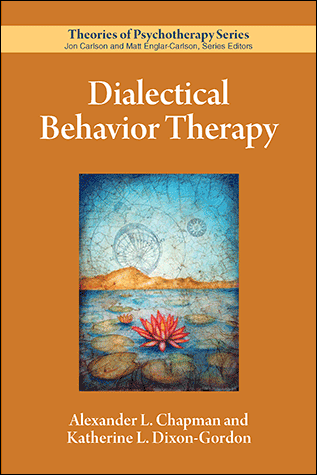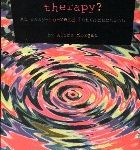This book reviews the theoretical underpinnings and practice of dialectical behavior therapy (DBT), a radical treatment developed by Marsha Linehan to treat borderline personality disorder (BPD). DBT has proven to be effective with a wide range of mental health problems, including self-harm, suicidality, substance abuse, and eating disorders that are often difficult to treat.
DBT is a behavioral treatment that views emotion dysregulation as being the core of BPD and other disorders. Through regular individual therapy, group sessions, and phone coaching, clients learn more adaptive behaviors for processing their emotions as well as new life skills.
DBT also encourages therapists to support each other in their work with challenging clients by participating in consultation teams.
In addition to reviewing standard DBT, this book describes its transtheoretical applications, adapting specific protocols to other treatment approaches. Extensive case material demonstrates how to apply all elements of the DBT process with a wide variety of clients and mental health issues.
Contents:
- Series Preface
- How to Use This Book With APA Psychotherapy Videos
- Acknowledgments
- Introduction
- History
- Theory
- Functions, Structure, and Core Interventions
- Evaluation: Research on DBT
- Process: Primary Change Mechanisms
- Suggested Readings and Resources
- References
- Index
Author Bio:
Alexander L. Chapman, PhD, RPsych, is a professor in the psychology department at Simon Fraser University (SFU) and president of the DBT Centre of Vancouver. He studies emotion regulation, borderline personality disorder (BPD), self-injury, and related problems. Dr. Chapman has authored/co-authored more than 100 publications, including 12 books and many journal articles. He has received multiple awards, including a Career Investigator Award from the Michael Smith Foundation for Health Research and the Dean’s Medal for Academic Excellence at SFU.
Katherine L. Dixon-Gordon, PhD, is a clinical psychologist and assistant professor in the department of psychological and brain sciences at the University of Massachusetts Amherst (UMass). She directs the DBT program at UMass, as well as the Clinical Affective Science Lab, where her team studies emotion regulation, BPD, self-injury, and other risky behaviors. Dr. Dixon-Gordon was named a rising star by the Association for Psychological Science and received an early career award from the National Register of Health Service Psychologists. She regularly trains clinicians and students in evidence-based treatments for complex clinical problems.






